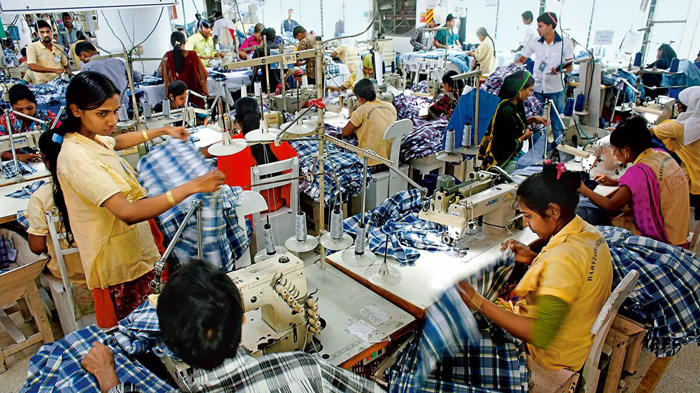In its submission to the Supreme Court on Accord’s appeal against an order that it cease operating in Bangladesh from November 30, the government has stated that the Accord should only be allowed to continue operations in Bangladesh under a set of highly obstructive constraints which strip the globally-respected safety initiative of its ability to operate independently of government and employer control. The constraints include that this will be the last extension allowed to the Accord maintaining its office in Dhaka.
The government’s conditions, if accepted by the Supreme Court, would destroy the independence of the Accord by subjecting all its decisions to the approval of a government committee. Another condition would prohibit Accord inspectors from identifying any new safety violations, effectively requiring them to ignore deadly hazards found during their inspections, such as faulty alarm systems, blocked fire exits, and cracks in structural columns. Yet another would prevent the Accord from taking any action against factory owners who threaten or fire workers for raising safety complaints.
The Accord has been instrumental in radically improving the safety of garment factories in Bangladesh since it was established in the wake of the Rana Plaza factory collapse in 2013 that claimed over a thousand lives. The Accord has identified more than 100,000 fire, building, and electrical hazards and the large majority have been rectified. Over two million workers have participated in safety training in over 1,000 factories.












